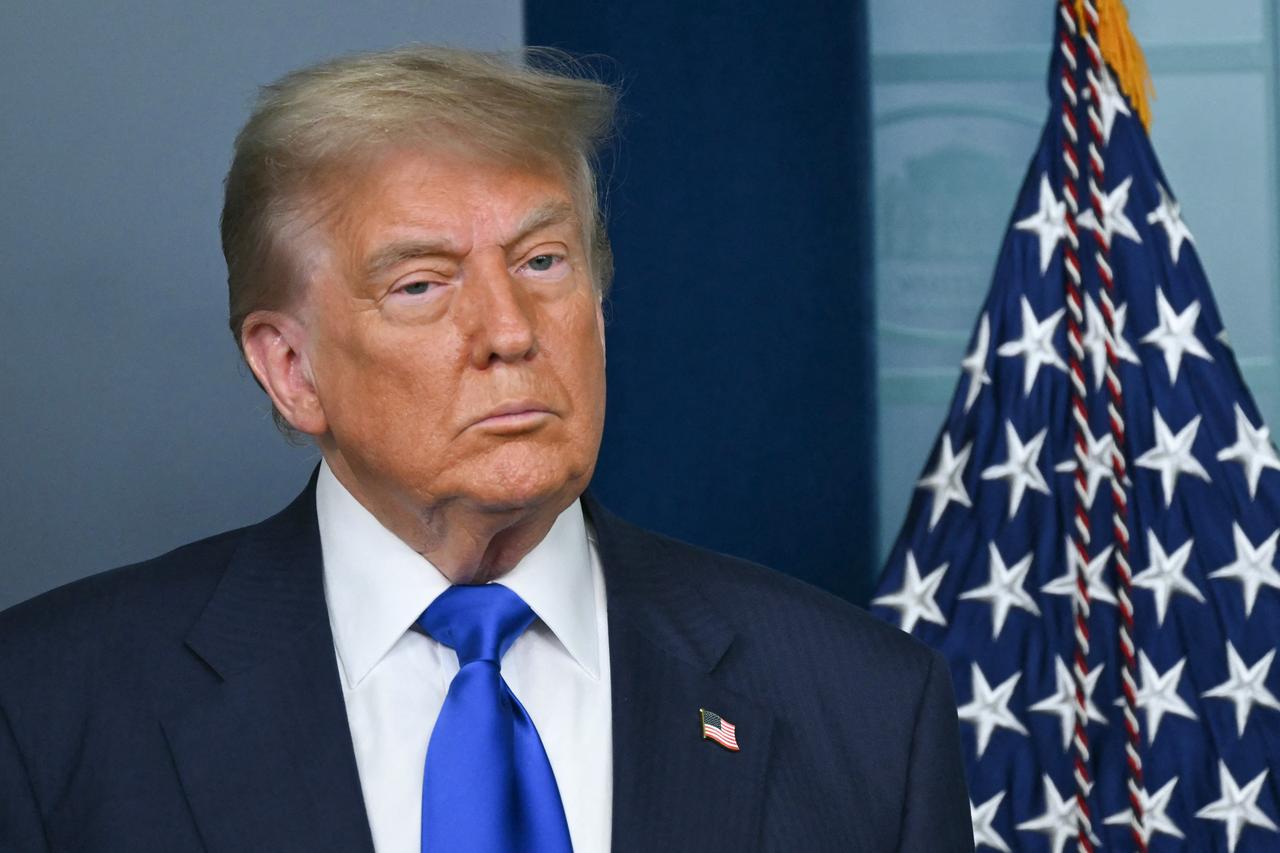
U.S. President Donald Trump announced Friday that he has halted all work on sanction relief for Iran, following statements by Supreme Leader Ayatollah Ali Khamenei suggesting further attacks on American interests.
Trump also stated he would "absolutely" consider bombing Iran again if Tehran resumes uranium enrichment to weapons-grade levels.
In a detailed post on Truth Social, Trump said he had been considering removing sanctions to help Iran recover economically, calling them "BITING." But he said this was abandoned after Khamenei issued a statement filled with "anger, hatred, and disgust."
Trump rejected Khamenei’s claim of victory in the conflict with Israel, accusing him of lying: "As a man of great faith, he is not supposed to lie." He said Iran’s nuclear facilities had been "OBLITERATED" and described the country as a "burned out, blown up" state with "no future."
He further claimed he had personally blocked an Israeli airstrike that would have caused "tremendous damage" and the deaths of "many Iranians," calling it "perhaps the final knockout."
Trump also stated he knew Khamenei's exact location during the war but chose not to allow U.S. or Israeli forces to assassinate him, adding: "I SAVED HIM FROM A VERY UGLY AND IGNOMINIOUS DEATH."
In closing, Trump suggested Iran must reintegrate into the global order and emphasized diplomacy: "You often get more with HONEY than you do with VINEGAR. PEACE!!!"
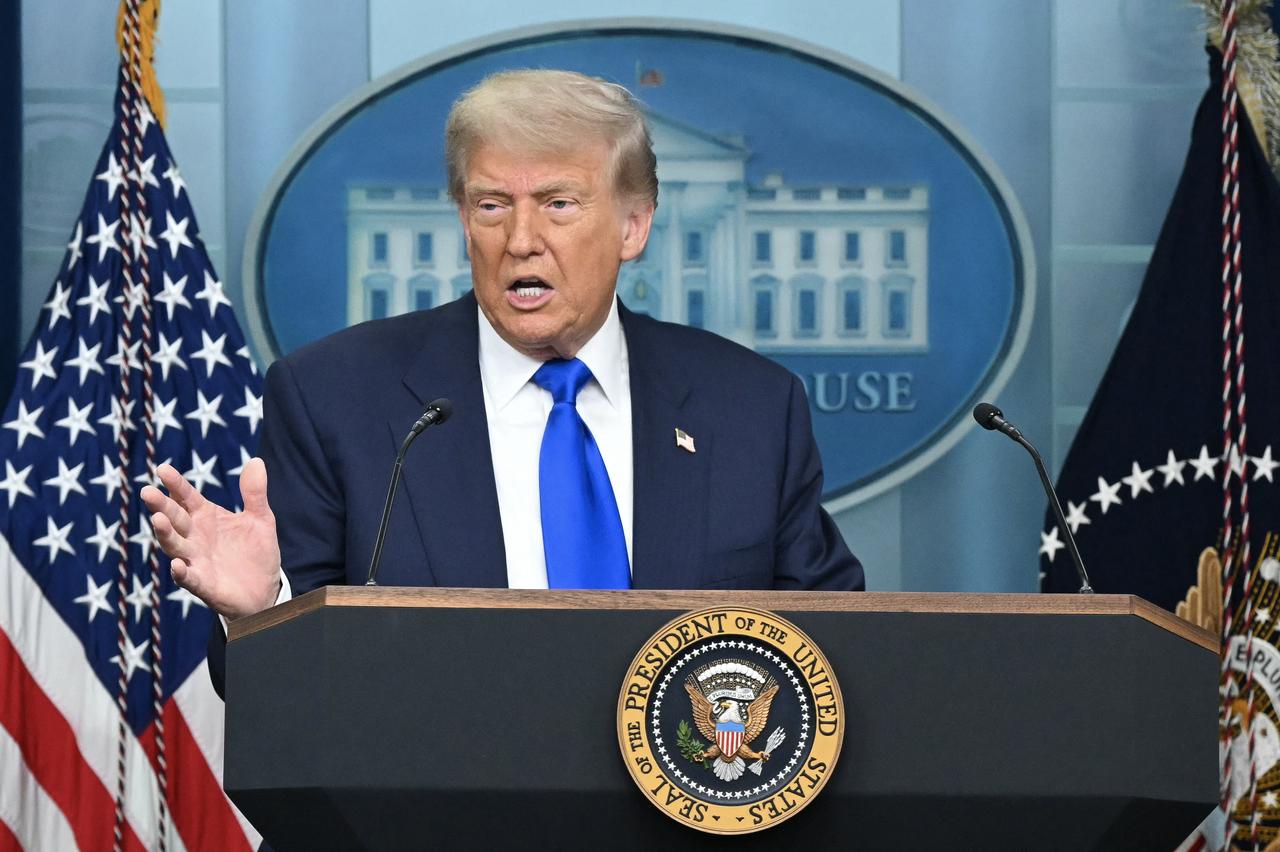
Trump asserted on Truth Social that he prevented the assassination of Khamenei during the conflict, and ordered Israel to recall a fleet of warplanes en route to Tehran during the final phase of the conflict, stating that the attack would have caused extensive destruction and casualties.
Khamenei had stated that Iran’s strike on the U.S. base in Qatar was a retaliatory move and that "this action could be repeated." He dismissed U.S. claims that Iran’s nuclear program had been destroyed, arguing that Trump exaggerated the impact of the bombing.
The recent 12-day conflict began on June 13, when Israel launched strikes on Iranian military and nuclear targets. The U.S. followed with strikes on three nuclear sites. Iran responded with missile attacks on Israel and a U.S. airbase in Qatar.
According to the Iranian Health Ministry, the conflict left 627 civilians dead and over 5,300 injured. Iran’s military reported 56 soldiers killed. Israeli authorities reported 28 Israeli deaths and over 1,200 injuries from Iranian retaliatory attacks.
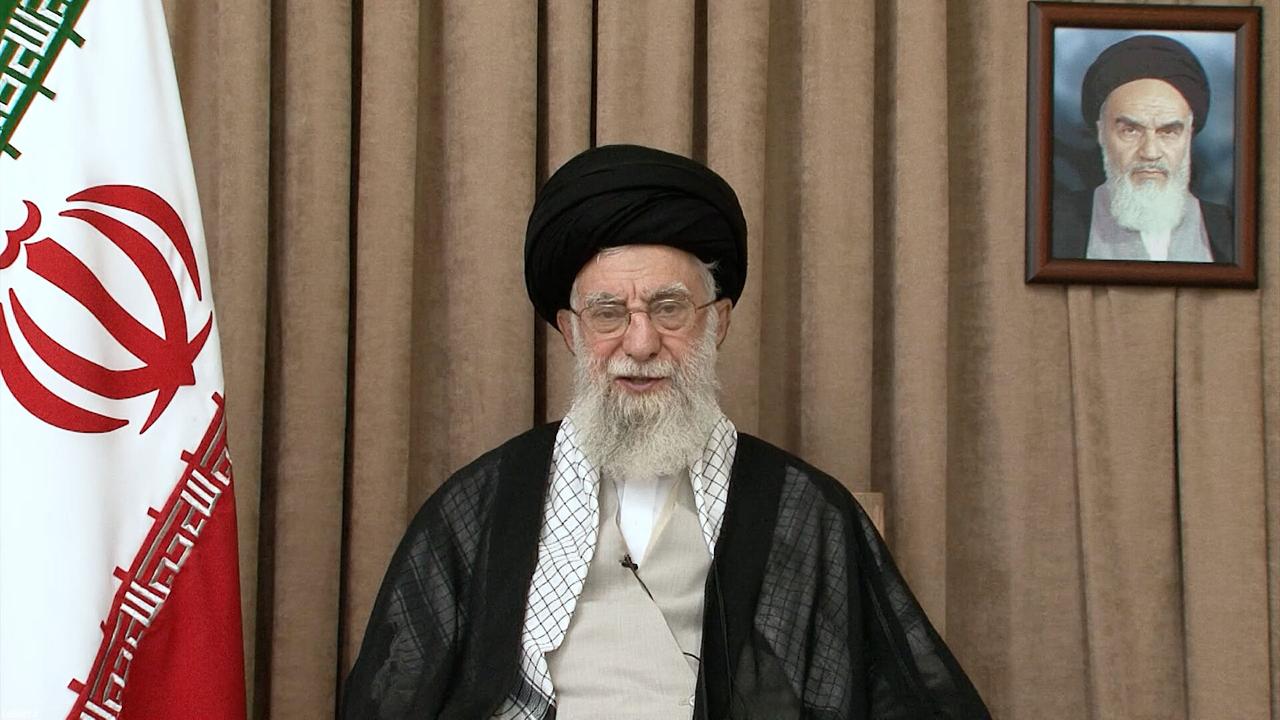
At a White House briefing, Trump confirmed he would support renewed strikes if intelligence suggested Iran's nuclear program posed a threat.
"Sure. Without question. Absolutely," Trump said. "I don’t believe that they’re going to go back into nuclear anytime soon."
He reiterated that Iran’s nuclear sites had been "obliterated" in U.S. strikes conducted alongside Israel on June 22, targeting facilities in Fordo, Natanz, and Isfahan. Trump also called for the International Atomic Energy Agency (IAEA) or another respected entity to inspect the bombed facilities.
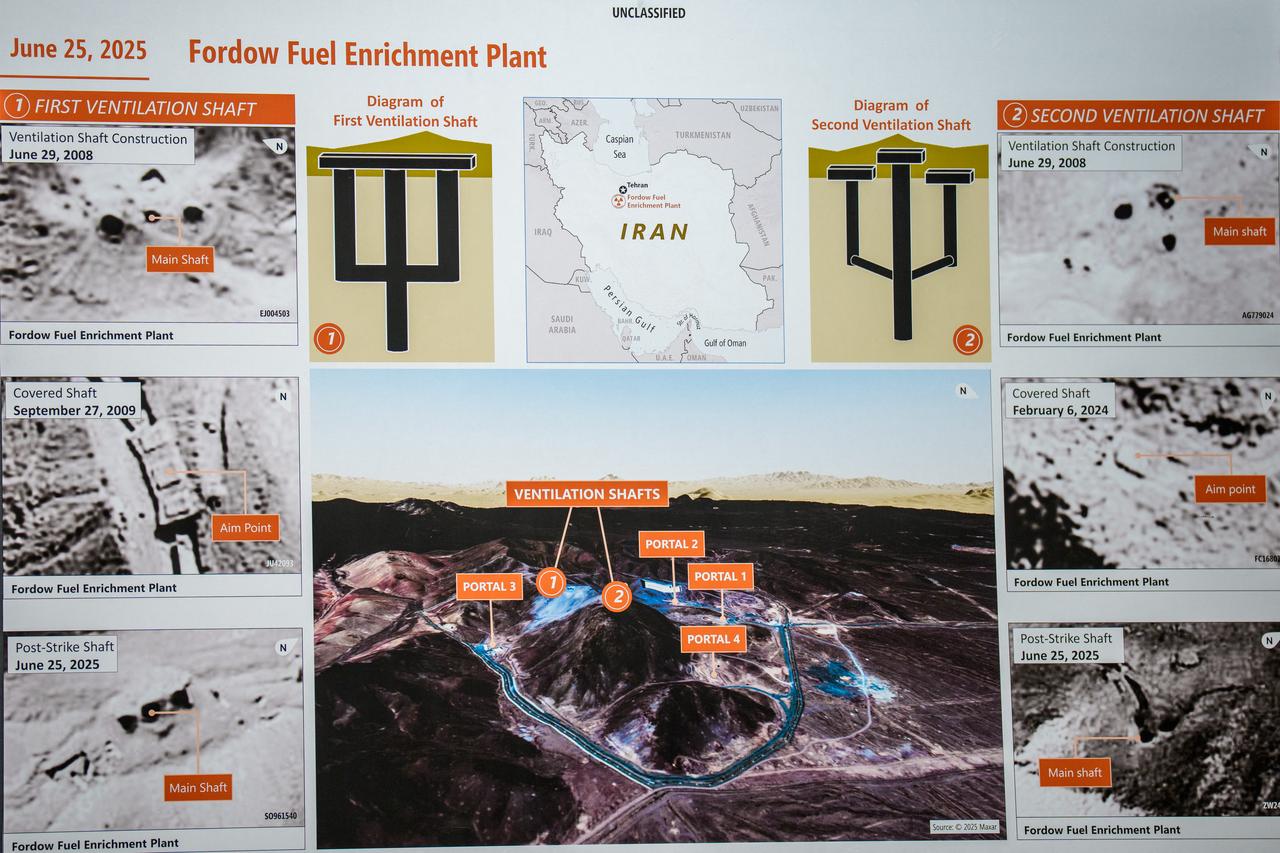
Iran's parliament passed a bill to suspend cooperation with the IAEA following the bombings.
Iranian Foreign Minister Abbas Araghchi stated that IAEA Director General Rafael Grossi’s request to visit the bombed sites was "meaningless and possibly even malign in intent." .
The IAEA confirmed that radiation levels in the Gulf region remained within normal limits after the strikes and reiterated that nuclear facilities should never be attacked. Grossi stated, “localized releases may have occurred,” but none were detected outside the facilities.
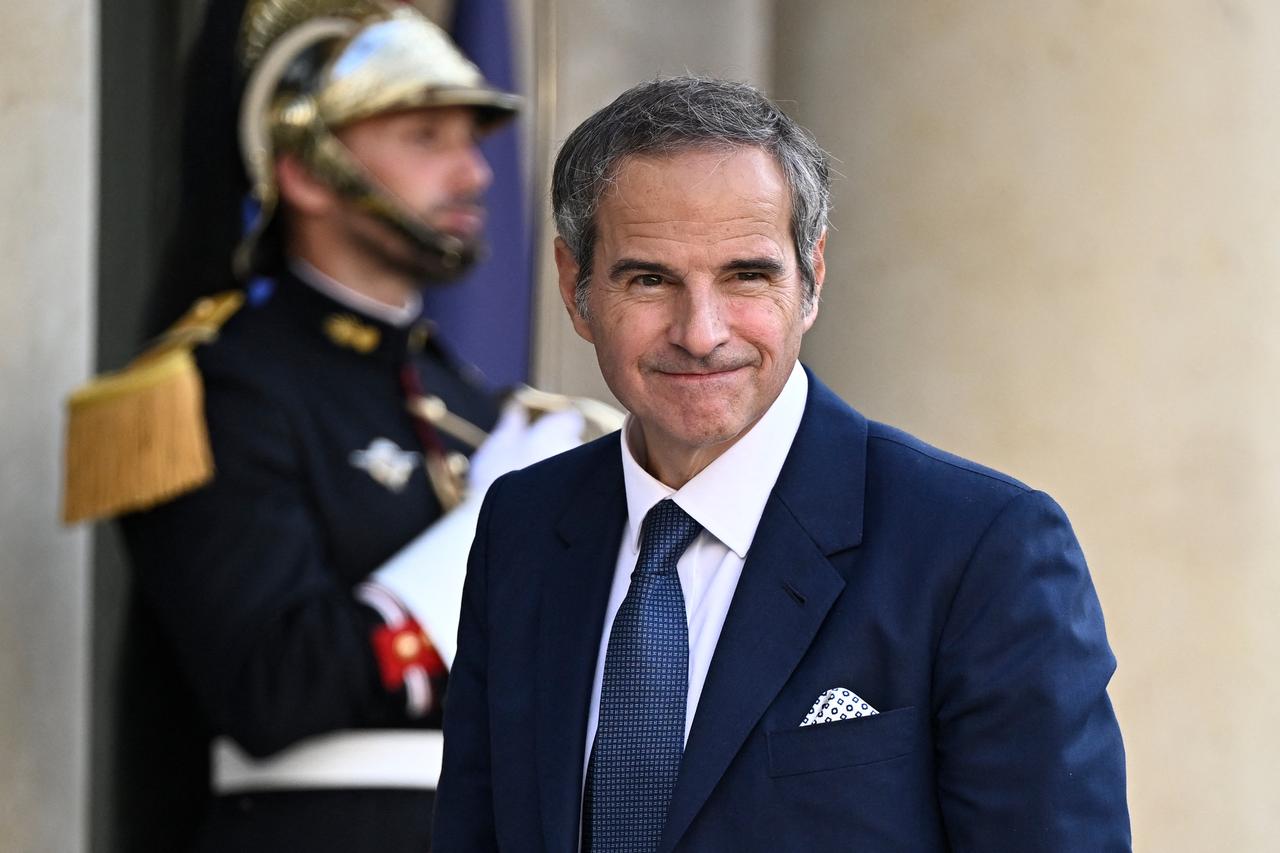
Israeli Defense Minister Israel Katz said the military has been directed to prepare a new operational plan to prevent Iran from advancing its nuclear and missile programs. Katz added that the previous "Operation Rising Lion" was only the beginning of a new Israeli strategy.
Katz said, "If Khamenei had been in our line of sight, we would have eliminated him." He stated that the Iranian leader had gone deep underground and severed communication with his commanders.
A ceasefire between Iran and Israel was announced on June 24. Trump said that both sides were "exhausted" and that now was the time to end hostilities. "They were both beaten up. It was a great time to end it," he said.
While Trump claimed Iran wanted to resume talks, Iran denied any plans to restart nuclear negotiations with the U.S.